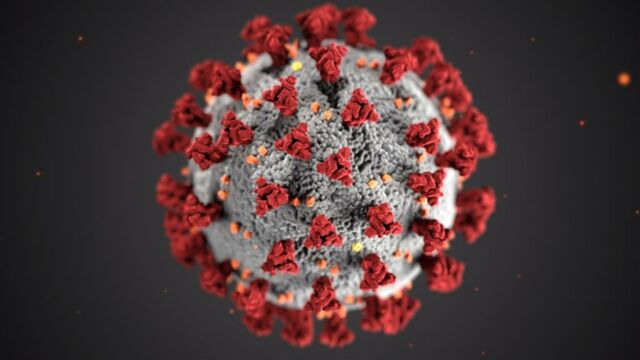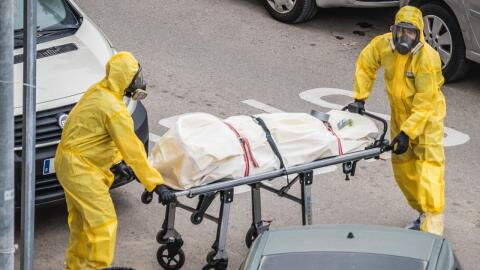Public Health England (PHE) has reported that 77 cases of the variant first found in India, has been recorded in the UK so far. This variant has been a huge cause of concern for many countries, especially given that it could be playing a significant role in the current surge of cases in India. The South Asian country has been seeing around 200,000 cases daily, and many believe that it is because relaxed regulations are allowing the new variant to thrive.
Discover our latest podcast
The strongest variant yet
The Indian variant was first detected in March, and has been making its way across the world. Although it is still being investigated, experts believe that this could be the deadliest variant yet. The variant contains two mutations in the spike protein making it highly infectious and potentially more resilientto the body’s immune responses. Professor Paul Hunter at the University of East Anglia said:
These two escape mutations working together could be a lot more problematic than the South African and Brazilian variants who have only got one escape mutation.
It might be even less controlled by vaccine than the Brazilian and South African variants.
BBC spoke with K.Srinath Reddy, President of the Public Health Foundation of India, who explained that the main reason for the massive outbreak is because there is lack of strict regulations enforced in the country, allowing people to gather and socialise as they did pre-pandemic. Additionally, given that the new variants are highly infectious, COVID has been spreading like wildfire, even to regions that were barely affected before. He said:
Since the society was open, the virus had an opportunity to really spread fast but the arrival of variants which also had greater speed of progression and greater infectivity further compounded the situation.
What does that mean for the UK?
The UK has come a long way in controlling the pandemic. Daily cases are getting lower by the day, while the number of fully vaccinated citizens are rising. At the same time, international variants have been popping up in several parts of the country—variants that could reverse the progress made so far.
As the lockdown is beginning to relax in the UK, people are stepping out of their homes to go shopping, meet with friends and go to pubs. It is imperative, now more than ever, to follow all the safety regulations advised by the authorities. If not, local lockdowns will be needed to control the new variants. Professor Peter Openshaw, member of the COVID-19 clinical information network told BBC2’s Newsnight:
A lot of we scientists are very concerned about what's happening at the moment.
I think we're all just hoping that the staged reduction in lockdown is going to be ok. It is being done reasonably cautiously but I think this is not good news.
If we get rapid spread of the South African or other more resistant variants, it may well be that we are going to have to put the reductions of lockdown into reverse.















